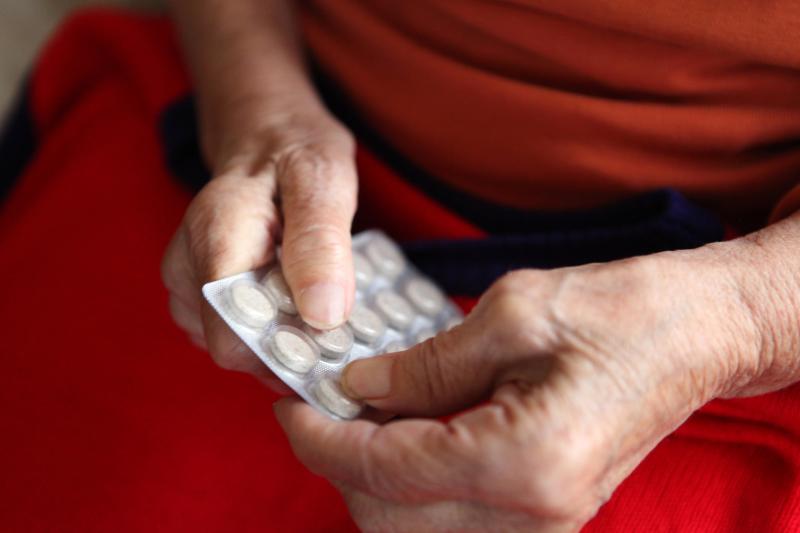
Treatment for Helicobacter pylori infection may contribute to a significant increase in the risk of autoimmune disease, including inflammatory bowel disease (IBD), a study has found.
Researchers used data from the National Health Insurance Research Database in Taiwan and identified 79,181 adult patients with peptic ulcer disease (PUD) treated for H. pylori infection (PUD+HPRx; n=21,051), PUD patients without H. pylori treatment (PUD–HPRx; n=21,051), those with a urinary tract infection (UTI) treated with cephalosporin (n=16,028) and non-PUD controls (n=21,051). The entire cohort had an average age of about 49.5 years, and approximately 51 percent were men.
Multivariable Cox proportional hazards regression analysis revealed that compared with controls, patients in the PUD+HPRx group had the highest risk of developing autoimmune disorders (hazard ratio [HR], 2.36, 95 percent CI, 2.14–2.59; p<0.001), followed by those in the PUD–HPRx (HR, 1.91, 1.73–2.11; p<0.001) and UTI groups (HR, 1.71, 1.54–1.91; p<0.001).
Results were consistent when the risks of specific autoimmune disease subtypes were examined. Specifically, the PUD+HPRx group had the highest risk of developing systemic lupus erythematosus (HR, 4.41, 2.12–9.14; p<0.001), rheumatoid arthritis (HR, 2.44, 2.01–2.95; p<0.001), vasculitis (HR, 3.10, 1.32–7.27; p=0.009), sicca syndrome (HR, 3.15, 2.57–3.87; p<0.001) and IBD (aHR, 2.15, 1.88–2.46; p<0.001).
The researchers pointed out that the elevated risk of autoimmune disease was not completely accounted for by antibiotic therapy alone, given that the risk was higher in the PUD+HPRx than in the UTI group (p<0.001).
Furthermore, there was a small but significant increase in mortality seen in the PUD+HPRx cohort (HR, 1.11; p=0.001).
The present data support the current recommendation of testing and treating only symptomatic H. pylori-infected patients or those with a strong family history of gastric cancer and not asymptomatic individuals, as treatment may increase the risk of autoimmune diseases and IBD, the researchers said. [Gastroenterol 2017;112:212-239]